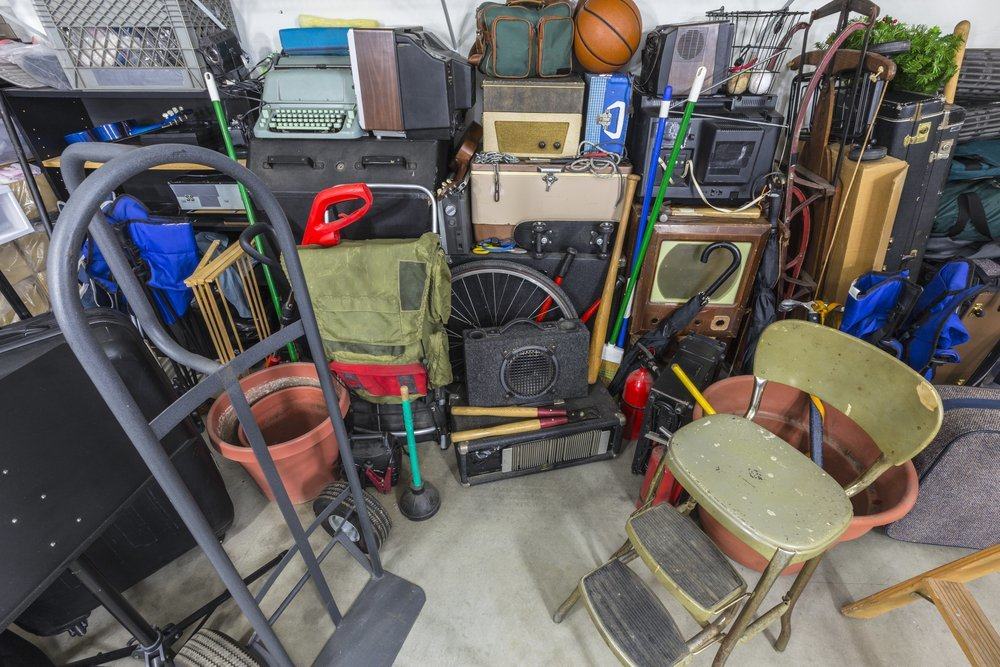Contents:
- Medical Video: Resistant Hypertension – Trials and Tribulations
- What is resistant hypertension?
- How do I know I have resistant hypertension?
- What causes hypertension to be drug resistant?
- What can be done?
Medical Video: Resistant Hypertension – Trials and Tribulations
High blood pressure aka hypertension is one of the most common health conditions in the world. Although general, it does not mean you can underestimate hypertension. If not treated properly, hypertension has the potential to cause heart failure and stroke. However, some people may not respond to the effects of the hypertension drug they have been using so far. This type of immune hypertension drug is called resistant hypertension.
What is resistant hypertension?
A person is said to experience resistant hypertension when his blood pressure tends to settle at a high limit or more than 140/90 mmHg, even though he has taken three different types of hypertension drugs and controls his tensile in the right way. Resistance hypertension generally does not respond to the effects of combinations of drugs such as ACE inhibitors, calcium blockers, and diuretic drugs.
Diuretic drugs specifically play the most important role in reducing blood pressure and determining whether a person has resistant hypertension. The reason, this drug acts to remove fluids and salt content from the body.
Resistant hypertension is the most common disorder experienced by people with hypertension. The emergence of drug-resistant hypertension is probably related to other problems, such as hormonal disorders, secondary blood vessel damage, or co-morbid conditions that cause high blood pressure such as sleep disorders, excessive stress, and obesity.
Just like uncontrolled blood pressure, resistant hypertension can also increase the risk for heart failure and stroke.
How do I know I have resistant hypertension?
Apart from a history of drug use, you still need to run a series of examination tests to make sure there are no other things that cause your tension to always be high. An examination is also done to ensure that your hypertension does not improve, not because of inappropriate control efforts.
Most likely the doctor will examine a number of things such as:
- Overall history of drug use
- Standardized inspection with a calibrated tool
- 24 hour blood pressure monitoring
- Examination of secondary diseases that can increase blood pressure
- Examination of complications of hypertension, such as:
- Check heart size and rhythm with an electrocardiogram
- Examination of heart function with echocardiogram
- Analyze urine to check for kidney damage
- Blood and blood vessel examination
- Chest X-ray.
What causes hypertension to be drug resistant?
Many things can cause high blood pressure continuously, even if you are already treated. Your condition may not improve because of errors in dosage and how to use the drug. In addition, tension will probably continue to remain high even though you have taken medication according to the rules if your daily diet is still high in sodium salt and you are also less active in exercising.
The following are details of the causes of other resistant hypertension that you may experience:
Hormonal disorders
- Primary hormone aldoteronism disorders which causes the body to store too much sodium salt, but cannot store potassium which plays a role in reducing high blood pressure. As a result, blood contains more salt and increases blood pressure.
- Tumors in the adrenal gland (pheochromocytoma) which causes excessive production of the hormone adrenaline which increases blood pressure.
- Cushing's syndrome which is characterized by a tumor in the pitutary gland and results in increased production of stress hormone cortisol.
- Thyroid disorders, whether hyperthyroid or hypothyroid, can interfere with blood pressure regulation
- Endocrine disorders others.
Structural disorders
- Symptoms of sleep apnea which causes breathing to stop for a moment while sleeping. This condition can trigger an increase in blood pressure
- Renal artery stenosis, narrowing of the arteries that carry blood to the heart
- Narrowing of large arteries (aorta) which plays a role in carrying blood from the heart throughout the body
- Fatal kidney damage, such as kidney failure.
What can be done?
Understanding the causes of blood pressure tends to remain high is the first step to treating resistant hypertension. That way, you and your doctor can then plan new strategies that are more effective for the treatment of your hypertension.
Lifestyle control for resistant hypertension is almost the same as hypertension in general. The American Heart Association, sets a number of points in lifestyle changes to control blood pressure such as:
- A balanced and low salt diet
- Restricting alcohol consumption
- Routine mild and moderate physical activity
- Maintain ideal body weight
- Control stress
- Take drugs correctly; both of type, dosage and time of consumption. Avoid consuming drugs and supplements that increase blood pressure such as diet pills, stimulants, ephedra drugs and painkillers, or types of painkillers NSAIDs, such as ibuprofen and celecoxib.











